Edtech companies are revolutionizing the teaching world. Here’s our roundup of the ambitious newcomers that we think are making the biggest splash in the industry today
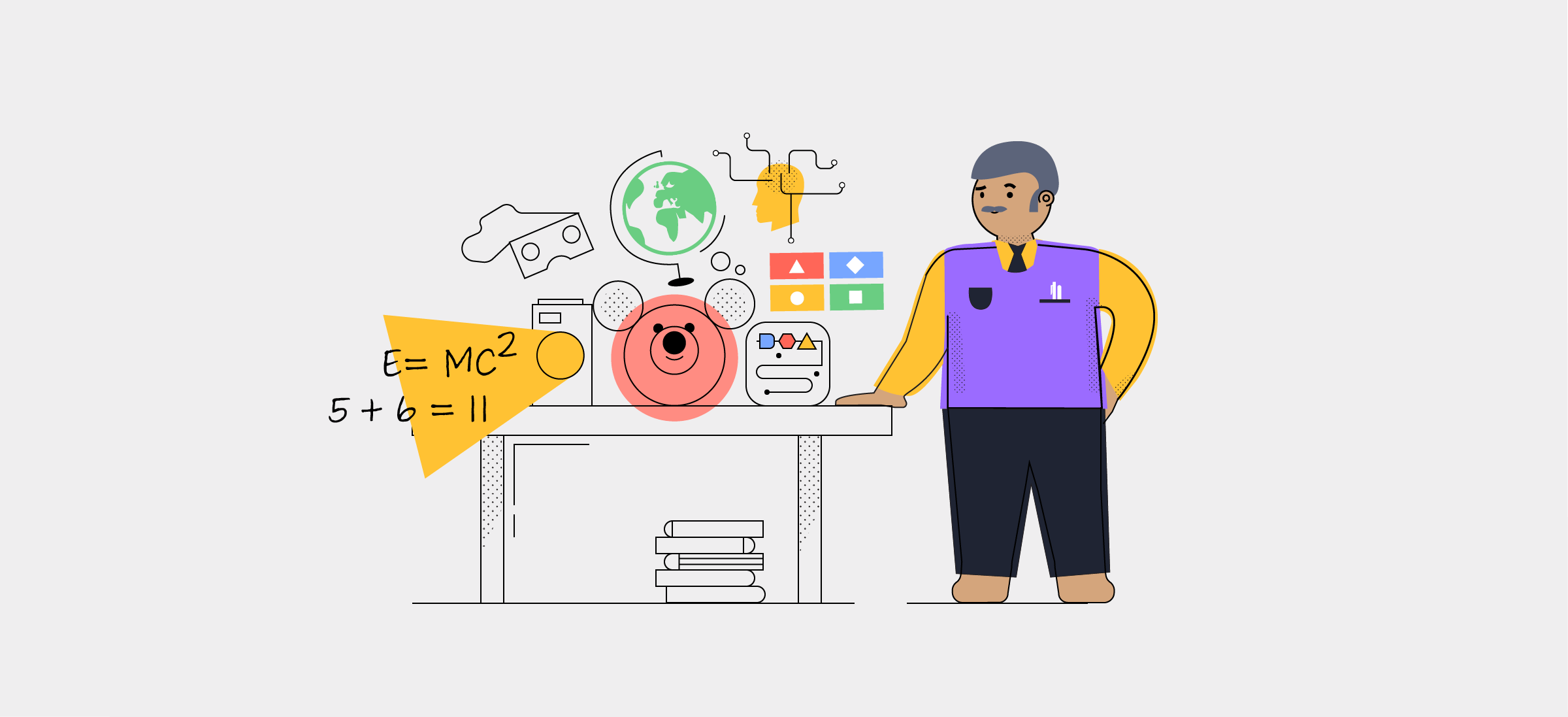
Edtech companies are revolutionizing the teaching world. Here’s our roundup of the ambitious newcomers that we think are making the biggest splash in the industry today
Education is changing. From digital textbooks and online courses to smartboards and wireless screen sharing, technology is evolving rapidly and making learning smarter and more personalized.
The edtech market is expected to hit around $129 billion in 2020, so naturally, startups and innovators all over the globe are showing increasing interest in the matter.
Edtech companies have the potential to completely transform traditional education structures either by incorporation new skills that are applicable in the digital age or by simplifying or revolutionizing previous methods of teaching.
Airtame was once a small company too. Our wireless screen sharing solution has come on leaps and bounds since our initial launch. We weren’t even going for the education sector to begin with, but have seen how our technology advances the classroom for the better.
With that in mind, we want to shine a light on those innovators in the industry that are also making a difference. Here are some of our favorite, smaller edtech companies and the great work they’re doing for the advancement of modern learning.
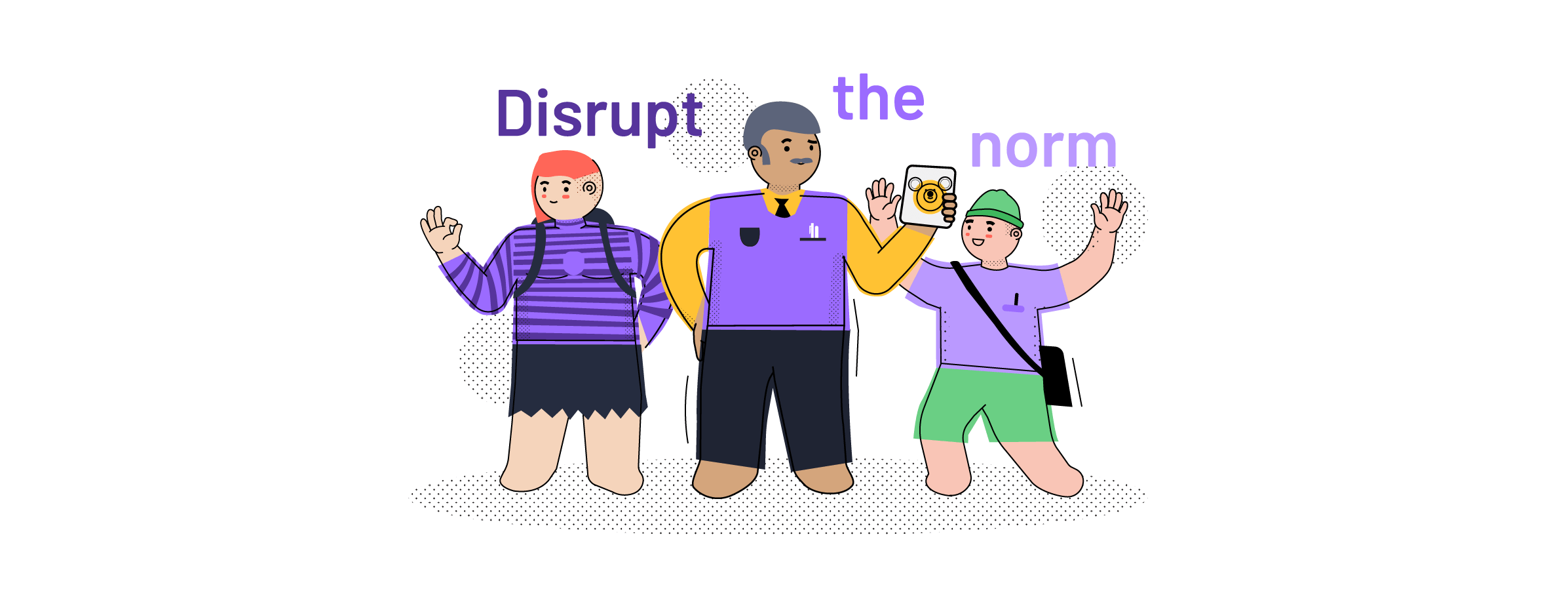
Mathematical equations can be a tough nut to crack. That’s why Photomath decided to built a “camera calculator” app that provides instant help to every math problem from simple addition to complex calculus challenges.
Photomath uses a mobile phone’s camera to recognize mathematical equations, present a possible solution, and the steps it takes to get there. The camera scans the math problem, even if it’s handwritten, and utilizes text recognition and augmented reality to figure out a way to understand the challenge.
It’s not just a beneficial tool for students; teachers and parents can take advantage of the extra help Photomath presents as well, and sharpen their problem solving skills.

Book Creator from the United Kingdom is, like many of the best edtech companies, driven by a wonderful and simple idea that fosters creativity in the classroom. They have built a simple app for making ebooks on an iPad (they’re working on cross-platform integrations).
Book Creator is a perfect resource for teachers that want to structure their own material or students that would like to explore their creative side.
It’s easy to update which makes editing a breeze even when a new year is around the corner. It’s an ideal tool for collaboration as it allows several students to create a shared, interactive project – even with students from a completely different school or country.
Book Creator lets the creator incorporate everything from audio, video, text and images.
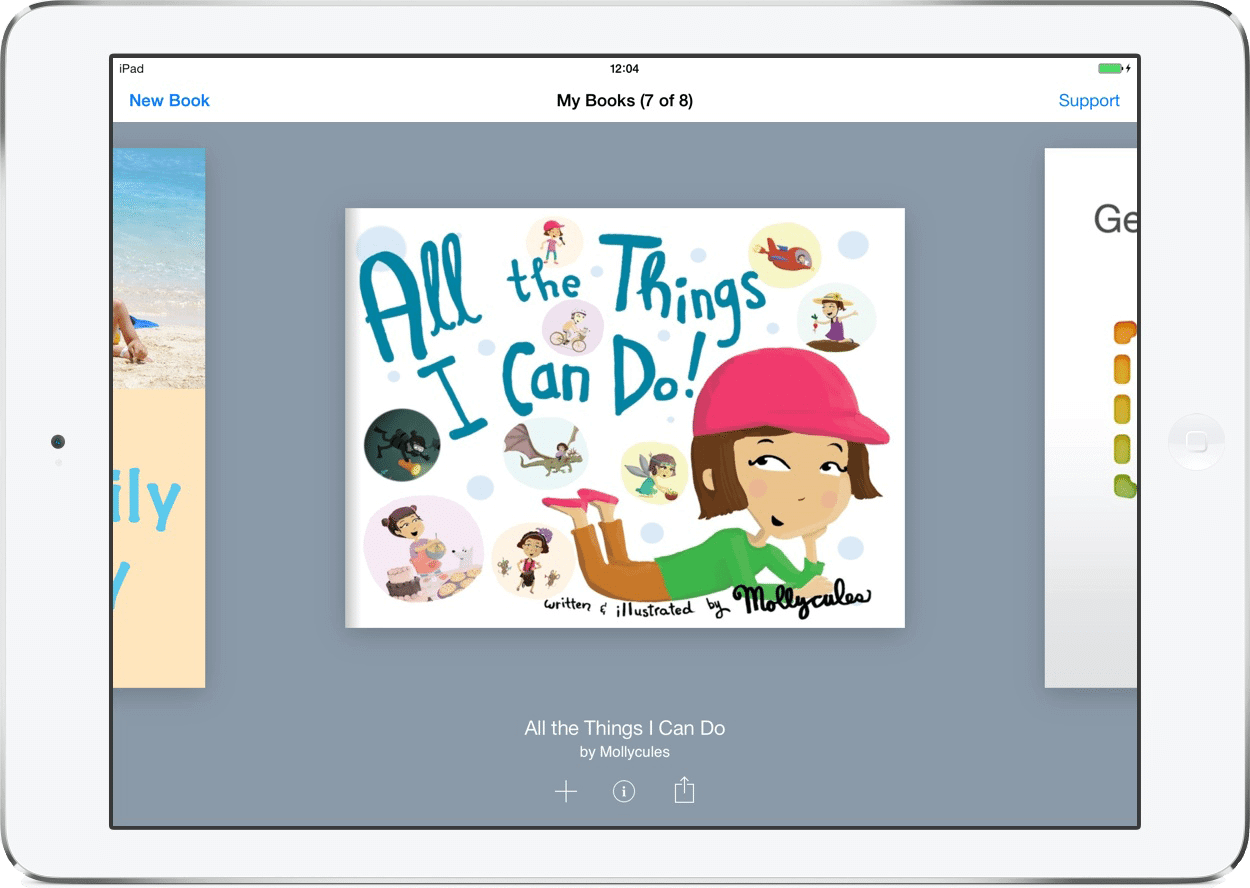
Kahoot! from Norway focuses on creating playful moments via fun questionnaires. Instead of dreary tests, Kahoot! takes a different approach to those dull moments by offering a game-based learning platform that makes it easy to create, find, and play a lot of fun learning games – no matter the subject, language or device.
We actually mentioned Kahoot! in an earlier article about the best business meeting apps, because it’s suitable for many ages and a fun way to keep students and meeting attendants alike engaged.
Teachers can use it to create small learning games based on multiple choice questions. Students then sign in from whatever device they’re using and use a unique code to access the game and compete against their peers.
Educators could even display the questions on the big screen to encourage social moments and productive discussions. It can be used as an exciting way to start a class or as a more structured teaching tool – it still stays fun and education at the same time.
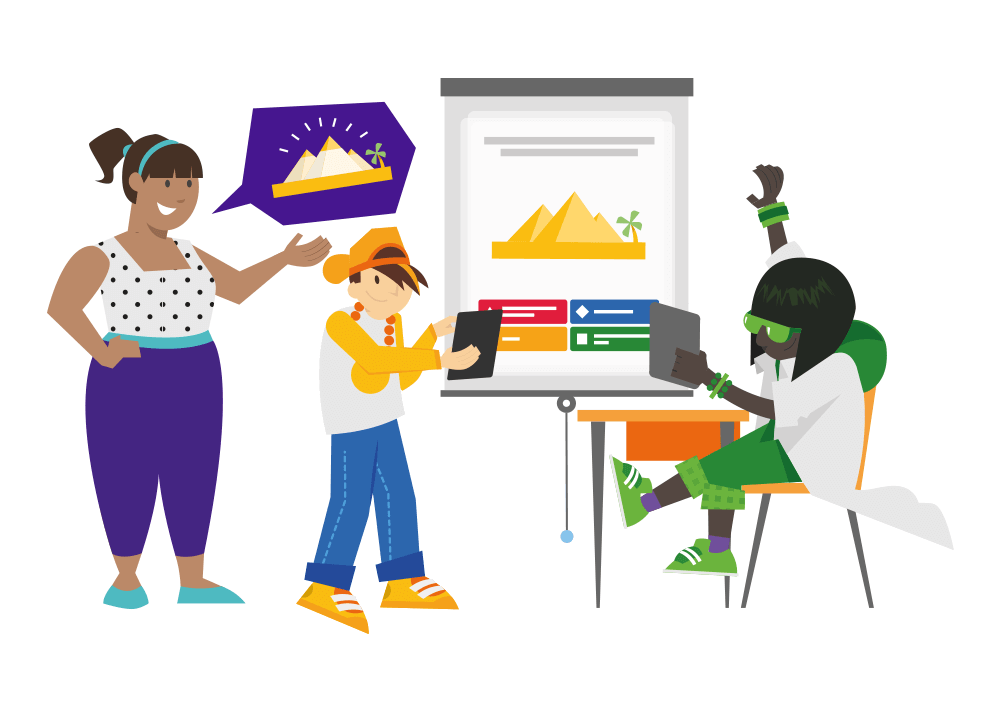
Founded in 2014, Ruangguru’s mission is to provide a complete learning solution for grades six to 12. It’s a subscription-learning, private-tutoring marketplace that offers learning videos founded on a standardized syllabus, course summaries, and practice tests.
It’s a mobile application that really packs a punch with all these different modules bundled in one app, and it also helps students find long-term, private tutors. There’s a chat function with tutoring services from teachers and other qualified people.
Teaching computer programming to toddlers might not be the first choice for a parent or kindergarten teacher, but it’s nevertheless a great skill that proves valuable in other contexts later in life. Understanding coding will teach kids to know how their digital world and its roadmap is laid out as well as the logic behind it.
That’s what Primo Toys thought, at least. They make educational toys for younger children that teach them valuable lessons while having fun. They’ve designed a real-life game to help with this challenge.
Their game is called Cubetto, which features a robot, maps, blocks, board, and a storybook. Completely without a screen, the robot will navigate the board with some basic programming commands that keep children engaged through stories and maps.
It’s suitable both for home and class use and recommended for children aged 3-6.
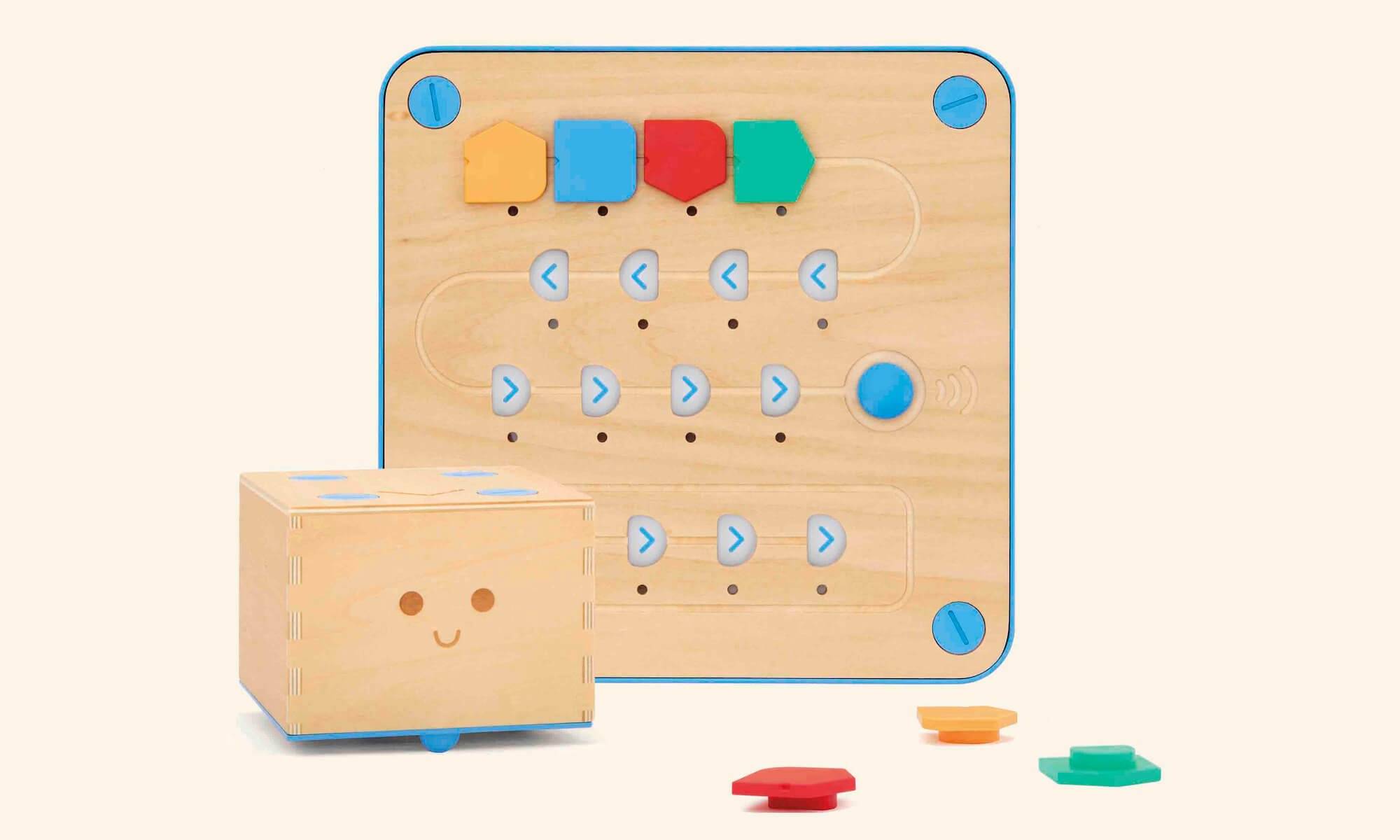
The Finnish edtech company 3DBear is totally futuristic and totally awesome. Through their design tool, students learn how to work with augmented reality in a fun and easy way. 3DBear helps students learn about problem-solving and creative thinking with the help of augmented reality. Models created in AR can also be 3D printed.
While augmented reality isn’t on every school’s curriculum, it’s probably something we will see addressed more and more because it allows students to visualize their creative thinking and learn 21st-century skills.

The US-based edtech company Nearpod want to take the pain and time away from student assessment. Their edtech tool helps teachers create interactive lessons cross-platform, assess students’ work in real-time and get instant feedback.
But more specifically, we would like to highlight Nearpod VR, which allows teachers to create virtual field trips or immersive teaching experiences – all without leaving the classroom.
The Nearpod VR headset works with iPads, Chromebooks, Macs and PCs – so most of the devices that a school is likely to use.
Nearpod offers a variety of virtual reality sessions, or even the ability for the teacher to create their own, and it’s the perfect tool for easy and truly immersive learning. And if a school would like to save costs, Nearpod’s VR services also work with cheaper VR headsets such as Google Cardboard.
The name almost says it all: Peergrade is a Danish startup that encourages peer grading. Peergrade’s founder thought that a single teacher grading an abundance of papers is neither as effective as it could be, nor will it deliver the most satisfactory results.
So he created Peergrade, an electronic platform where uploaded assignments can be reviewed by other students before a teacher gives their final feedback. It makes the task of grading and giving feedback a lot less time-consuming for the teacher, and it also helps give a comprehensive evaluation.
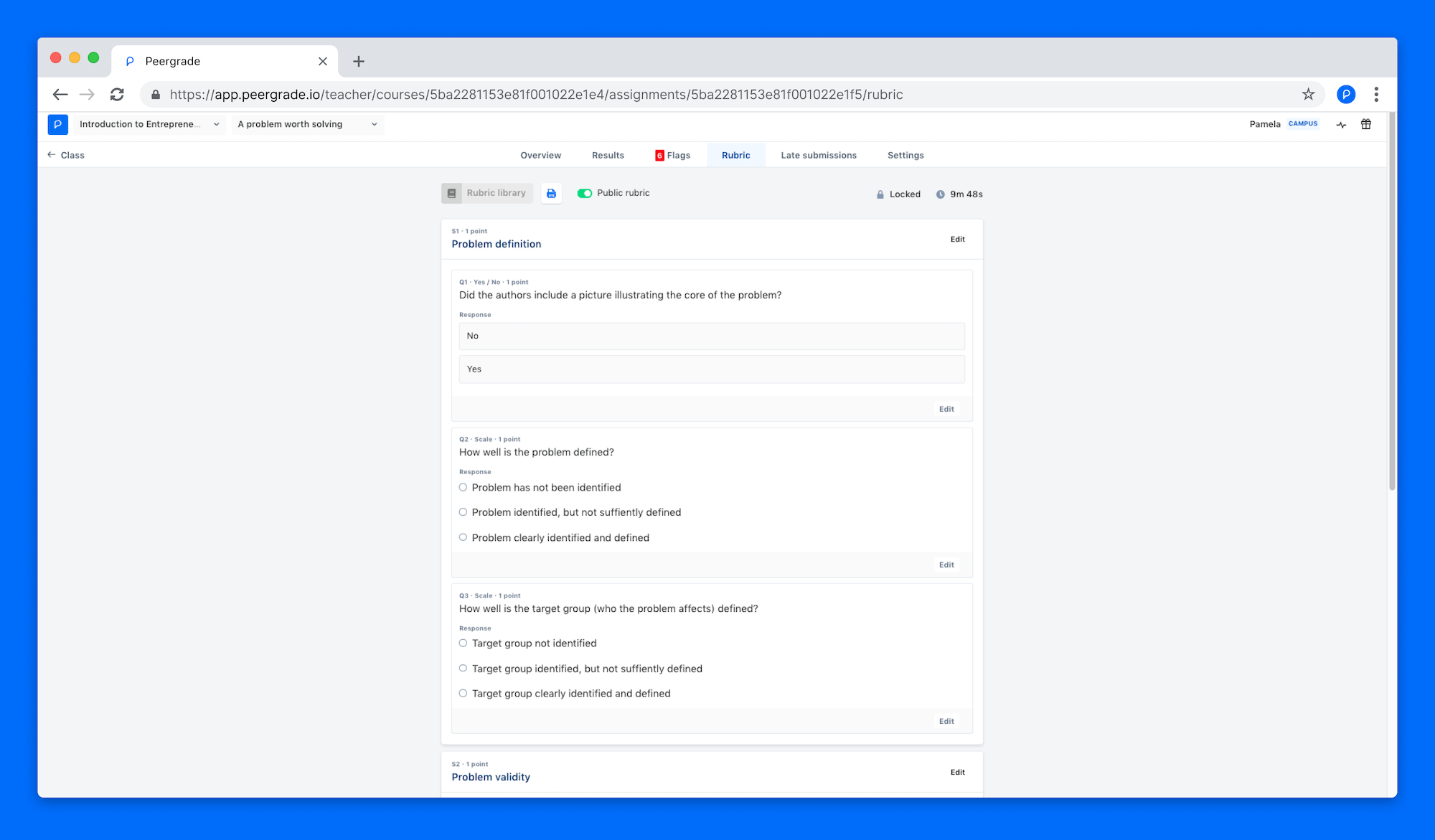
Edtech company TORSH’s founder was born in Jamaica and raised in Brooklyn, where he experienced firsthand how many students fall behind without the proper support. When he founded TORSH, it was with the ambition to give teachers the training they need to make their learning environments safe and supportive.
TORSH is a data platform tool that provides teachers with video-based online communities that can help them improve. More experienced teachers can help mentor teachers with less experience or teachers from regions that are more challenged in the education area.
TORSH facilitates observation, coaching, and feedback. Through video-based observation tools, other educators can take a look at how fellow teachers are doing, they can set up mentor programs or measure the effectiveness of the teaching.
This Swedish edtech company is taking a humane approach to edtech. Lexplore offers a screening method to identify children with dyslexia early on so the right measures can be taken as soon as possible. It’s a simple digital reading ability test that utilizes AI to analyze the results and identify whether or not a child has reading and writing difficulties.
The earlier a reading difficulty is detected, the better the educators (or parents) can tailor their teachings to match the level of the child and make sure they’re not left behind. Lexplore is a prime example of how edtech can not only improve a learning environment but help the individual students too.
Since the test is scored based on AI and eye-tracking, the end results are very accurate and delivered a lot faster than going through educators or physicians.
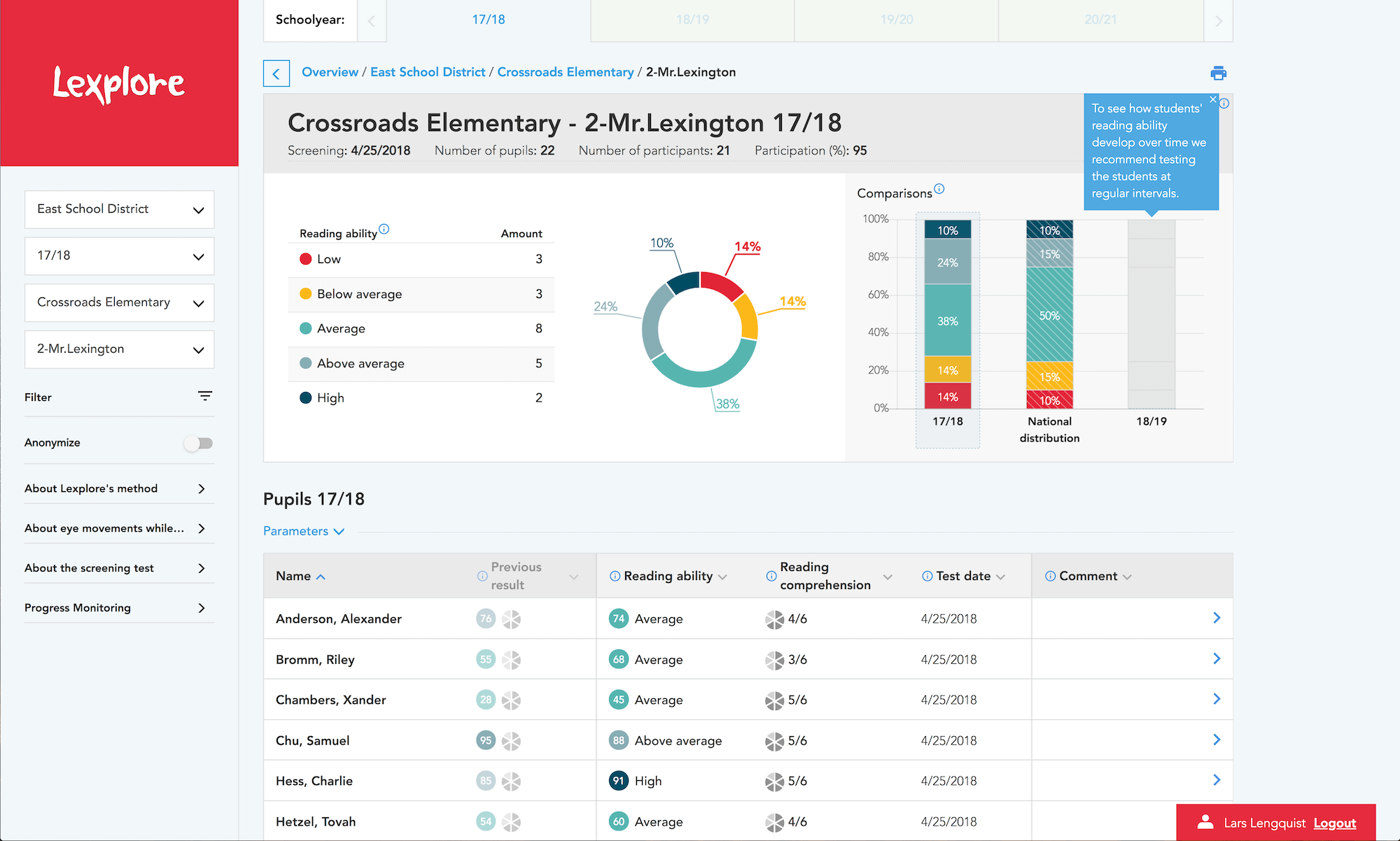
These startups are turning education into collaborative activities that students of all ages and levels can understand and participate in. They’re disrupting traditional learning, and it’s a good thing.
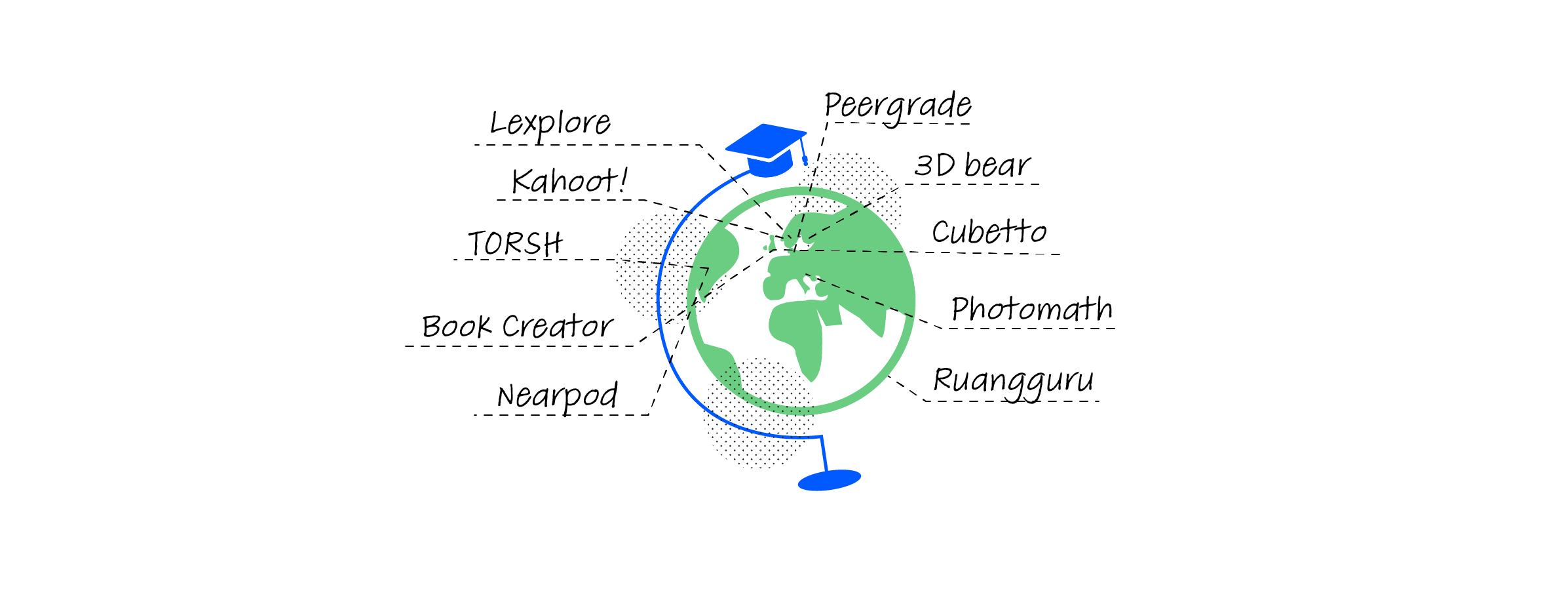
With many bright minds considering how to optimize educating, schools can benefit from more affordable and efficient tools – and better teaching principles for students and teachers all over the world.